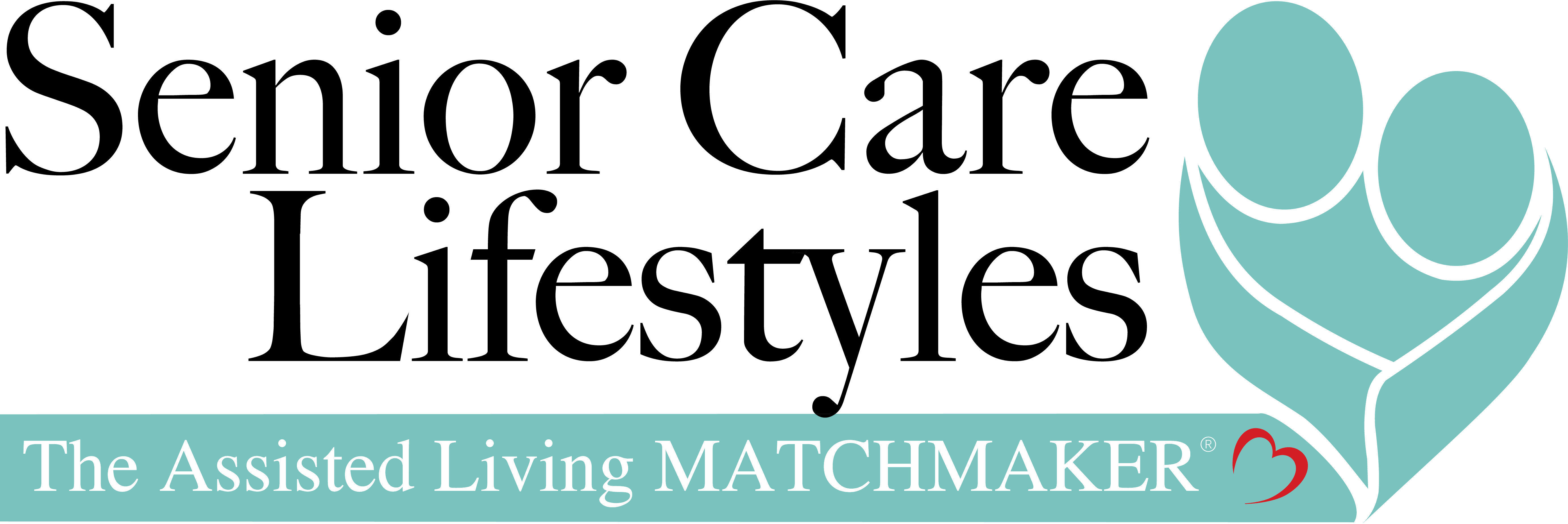- Serving, Baltimore, Harford, Howard, Anne Arundel and other surrounding counties.
- 410-977-3718
Hospice vs. Palliative Care: What Are the Differences?

As we age, sometimes the level of care that we require can change. Two of the most frequently misunderstood care options approaching the end of life are hospice care and palliative care. What are the key differences between the two, and which is better for different situations?
What Is Hospice Care?
Hospice care is a type of medical care offered as one approaches the end of life. The hospice care process is designed solely to improve the quality of life, quality of care and comfort of the person with a fatal illness. For some illnesses, there are no viable treatments, or potential treatments would involve pain that they do not want to endure. Those who are able to make decisions about their medical care have the freedom to elect for hospice care providing they receive a diagnosis from their doctor.
Hospice care addresses managing pain and discomfort, as well as making the remaining quality of life as good as possible. It does not involve medical treatments designed to prolong life. Medicare only offers hospice care for patients who have been professionally evaluated by a doctor as having six months or less remaining in their lives. Hospice care can be covered by private insurance, Medicaid, Medicare, VA benefits and Medicare Advantage plans.
What Is Palliative Care?
Palliative care is a type of medical care offered to those with serious illnesses like Parkinson’s disease, cancer, heart failure or others. Palliative care is centered around improving the quality of life for patients through addressing their emotional, social, physical and spiritual needs. Patients undergoing palliative care often also receive medical treatment for their illness, to increase their lifespan, or to treat their current condition.
Many patients who undergo palliative care are struggling with symptoms that make it challenging to live a fulfilled life, like persistent fatigue, nausea, pain or stress. The illnesses that can benefit from palliative care are not just those that are potentially fatal. Palliative care can be covered by private insurance plans, VA benefits or Medicare. A palliative care team will typically involve numerous professionals like doctors, nurses, nutritionists, chaplains and social workers.
Make the Right Choice with Senior Care Lifestyles
Senior Care Lifestyles specializes in connecting seniors with the right in-home care, assisted living, or senior living community to meet their needs. We have helped hundreds of clients and treat each senior as a valued member of our own family deserving our personalized attention, compassion and respect.
For help, or questions please call us at 410-977-3718 or send a message through our website www.seniorcarelifestyles.com.




